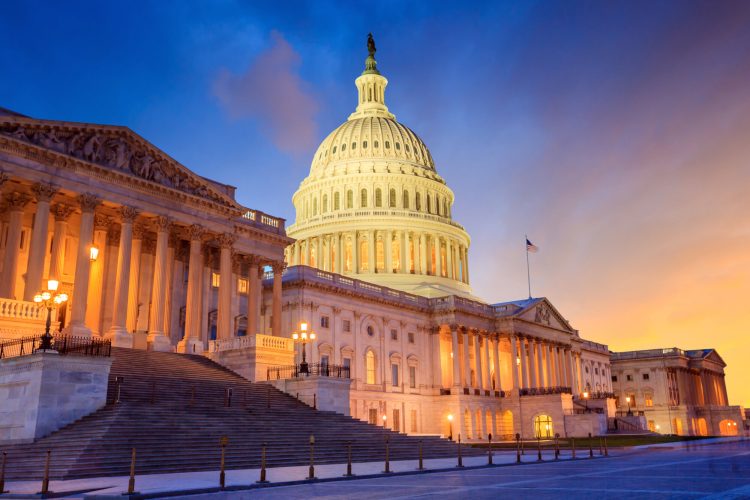On the latest Facing the Future, I was joined by Wilson H. Taylor Resident Scholar in Health Care and Retirement Policy at the American Enterprise Institute, Joe Antos, UNH Franklin Pierce School of Law Professor and Director of Health Law and Policy Programs, Lucy Hodder, and Concord Coalition Executive Director, Robert L. Bixby. We discussed the COVID-19 pandemic’s impact on the nation’s health care system, as well as how states are responding to it and using federal relief funds.
[Note: In light of current circumstances, The Concord Coalition is posting additional online content. Portions of this week’s Facing the Future can be seen in the video clips posted below.]
Antos, a frequent critic of the Affordable Care Act (ACA), nevertheless urged that provisions of that law should be used to increase health insurance coverage under the current circumstances.
“This is a crisis; we should be pulling out all the stops, not necessarily permanently,” he said. “I’m a big fan of private insurance; I’m a big fan of the kind of financial incentives that lead ideally to efficiencies, to better health care at more affordable prices.”
“But right now, the key is to make sure that everybody has insurance, and for those who don’t have insurance, we should open the door as wide as possible,” Antos added.
“The Centers for Medicare and Medicaid Services have issued a bunch of new guidance, regulations and waivers that are doing very good things,” Antos said.
Hodder noted that many of the regulations in health care are consumer-oriented, designed to protect patients. But, she said, waiver of some principles has proven to be helpful in getting people care in places and ways they previously could not.
In fact, one of the areas on which both Antos and Hodder found agreement was the relaxation of some regulations so that technological improvements like telehealth could be used more readily. Both thought such a development could be a positive long-term advancement.
“What we’ve really seen that is working well in some settings, and is improving patient access and stability during this troubling time is telehealth,” Hodder said.
She was optimistic that going through this crisis would help people realize that we can work better together.
“The real question is whether we are going to have the sustainable resources to come together and really plan for a better future,” Hodder said. “Maybe we’ve had that wake-up call so that we can start to think about what else is coming towards us that we need to be ready for, especially in health care, because we’ve been teetering right on the edge of this issue: costs rising, people not having access, a system that’s really highly regulated and siloed.”
“Hopefully we won’t go back to business as usual, but it’s going to take some leadership to make the good changes stay and help us sustain a reasonable system going forward,” she said.
Hear more on Facing the Future. I host the program each week on WKXL, NHTalkRadio.com (N.H.), and it is also available via podcast. Join me and my guests as we discuss issues relating to national fiscal policy with budget experts, industry leaders and elected officials. Past broadcasts are available here. You can subscribe to the podcast on Spotify, iTunes, Google Play Music or with an RSS feed. And follow Facing the Future on Facebook.
Continue Reading





